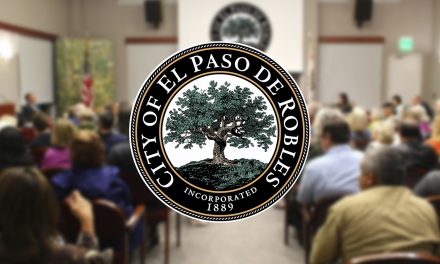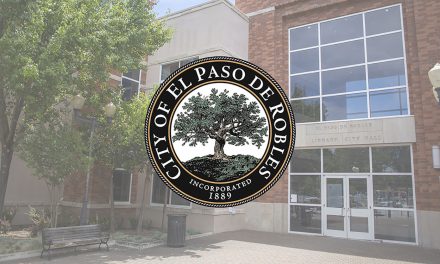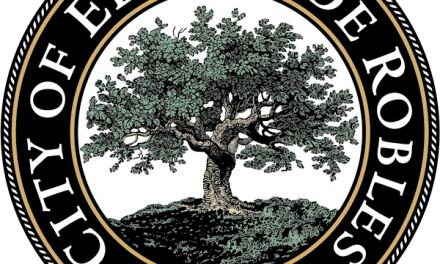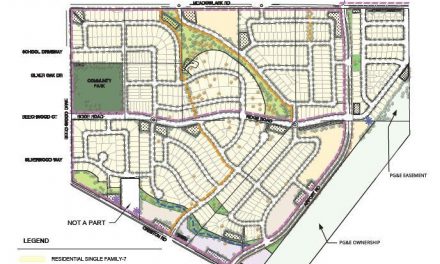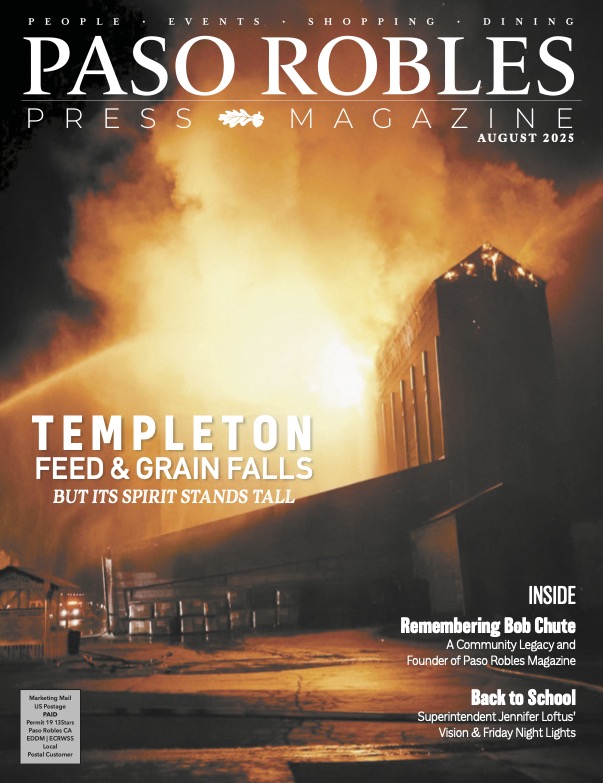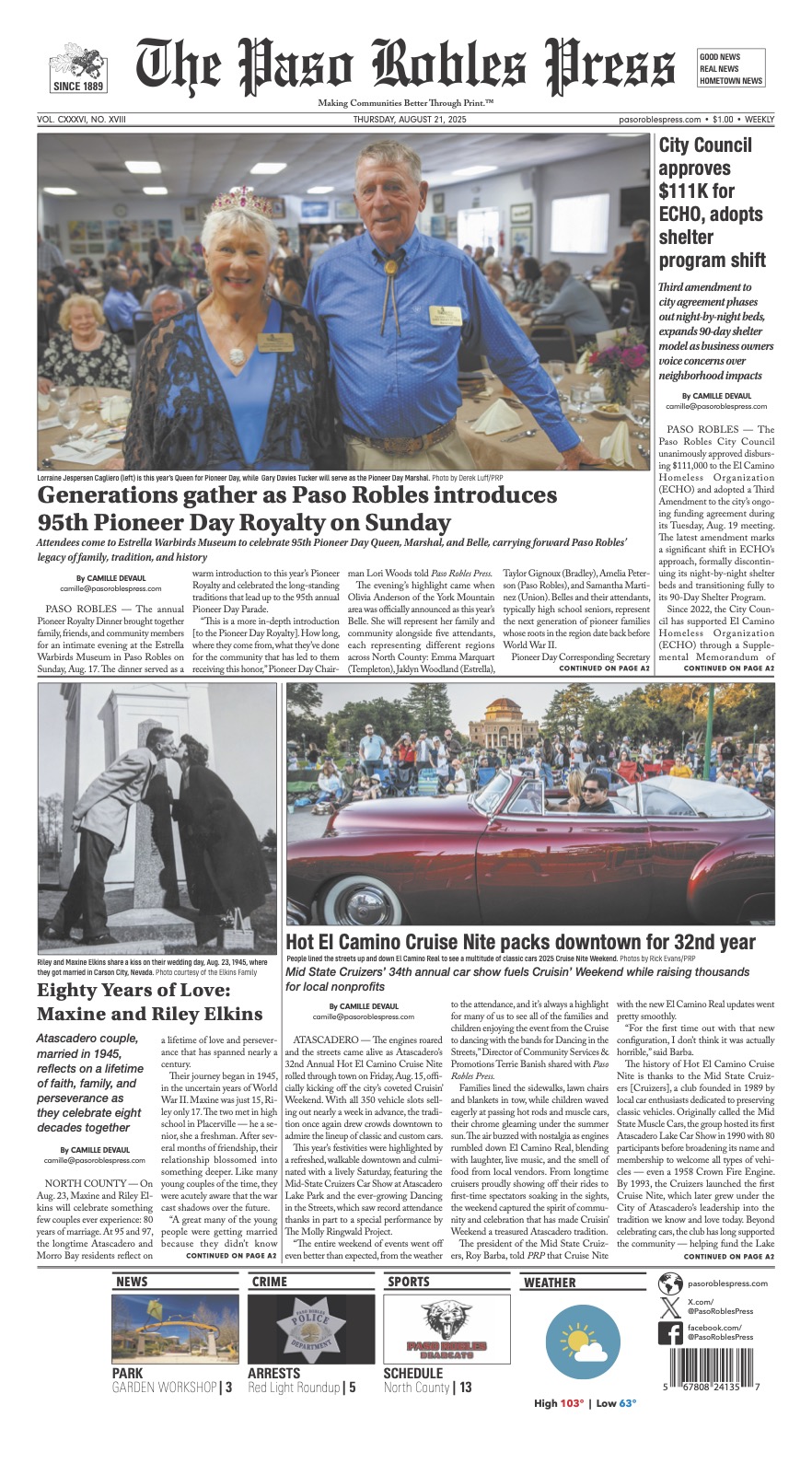The city could see approval for a spaceport license as early as June 2024
PASO ROBLES — Paso Robles City Council held a special meeting on Tuesday, Mar. 29. The meeting was a joint informational workshop with the planning and airport commission.
Paso Robles City Economic Development Manager Paul Sloan presented an update and history of the city’s efforts to build a spaceport. On Aug. 3, the Paso Robles City Council unanimously voted to submit pre-application information to the FAA (Federal Aviation Administration) for a spaceport license for the Paso Robles Airport and to continue evaluating the license opportunity with the Airport Commission.
The effort to build a spaceport began as a way to diversify career opportunities within Paso Robles. Currently, the city relies on wine and tourism for its economy. Staff noted several benefits the project would bring to the Central Coast, including economic development, education and training opportunities, research and technology (grants and other opportunities), potential to develop existing resources, utilities, and airport ecosystem.
Mayor Steve Martin said he received support from the City of Atascadero, whose officials stated they understood the benefits the spaceport program would bring to the entire region. Additionally, Atascadero expressed interest to move ahead with a broadband strategy to improve broadband internet.
There are currently 13 commercial spaceports in the United States, only one in California, located in the Mojave Desert. Spaceport operations of potential interest are horizontal launches, similar to a private jet taking off and landing. There are no sonic events (sonic booms) associated with horizontal launches. Vertical launches are not being considered.
Additionally, Cal Poly submitted a letter of intent expressing an interest in exploring an operational relationship at the spaceport as part of its learn-by-doing plan. Cal Poly faculty members commented on the benefits the spaceport would bring the university.
Cal Poly has students who currently build small satellites as projects at the university. Students then wait for a “ride” to send their projects to space. It can take several years before a student sees their platform launched into space. According to Ryan Nugent, Cal Poly CubeSat lab director, a spaceport in Paso Robles would allow students to build a launch project within the same year.
“That ability to deliver that platform in that timeframe increases the opportunity to write requests for federal research dollars for students to learn on to be able to build new systems, do new things for the government, and enhance the learn by doing to Cal Poly,” he said.
Councilmembers unanimously authorized Martin to sign a non-binding letter of intent (LOI) with Wagner Star Industries and Cal Poly on behalf of the City of Paso Robles and delegated signing authority to the mayor to execute future non-binding spaceport-related LOIs.
The City of Paso Robles could see approval for a spaceport license as early as June 2024.


